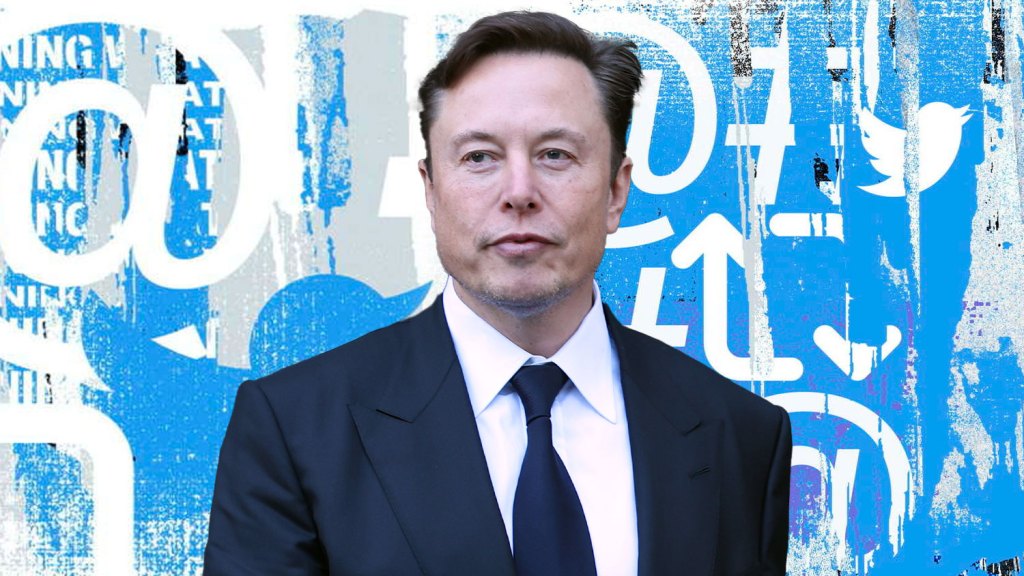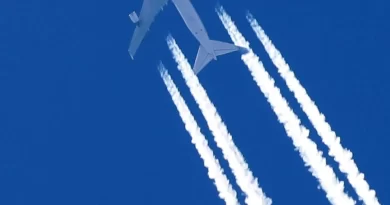Elon Musk Defends George Soros Tweets And Other Conspiracy Theory Posts: “I’ll Say What I Want to Say, And If The Consequence Of That Is Losing Money, So Be It”

Elon Musk defended his propensity to step into divisive debate and even in advancing conspiracy theories, telling CNBC, “I’ll say what I want to say, and if the consequences of that is losing money, I’ll say it.”
The network’s David Faber sat down with Musk and asked the Twitter owner and Tesla CEO about a specific tweet about billionaire George Soros, in which he wrote, “Soros reminds me of Magneto.” He wrote that Soros “wants to erode the very fabric of civilization. Soros hates humanity.”
Jonathan Greenblatt, the CEO of the Anti-Defamation League, wrote that Musk was feeding into antisemitic tropes by comparing Soros to a Jewish supervillain. Soros is a frequent target on the right.
“That’s my opinion,” Musk told Faber.
The CNBC host then pressed him. “Why share it when people who buy Teslas may not agree with you? Advertisers on Twitter may not agree with you?”
Musk replied, “This is freedom of speech, and I am allowed to say what I want.”
Faber replied, “You absolutely are, but I am trying to understand why you do, because it puts you in the middle of a partisan divide in the country, it makes you a lightning rod for criticism. Do you like that?”
Faber said that he believed that Musk was a pro-semite, but “why would you even introduce the idea that that would be the case?” Faber added that the topic of Musk’s tweets even came up at the Tesla annual meeting and may be an issue with new Twitter CEO Linda Yaccarino as she seeks to boost advertising.
After a 10 second pause, Musk said that he was reminded of a scene in The Princess Bride where “he confronts the person who killed his father. He says, ‘Offer me money. Offer me power. I don’t care.’”
“You just don’t care,” Faber said. “You want to share what you have to say.”
Musk added, “I’ll say what I want to say, and if the consequence of that is losing money, so be it.”
Musk also defended tweets that advanced conspiracy theories, telling Faber, “Some of the conspiracy theories have turned out to be true,” pointing to the Hunter Biden laptop story and that Twitter then engaged in “active suppression of information that was relevant to the public.”
He also defended tweets in which he questioned revelations that the gunman in a recent Texas mall mass shooting was a white supremacist. Musk tweeted that the revelations may have been a “psy-op” operation. He linked Bellingcat, the investigative journalism outlet that released the information about the gunman’s online history, to such “psy op” methods, even though Texas authorities and other groups have also have pointed to the shooter’s history of neo-Nazi beliefs.
Faber did not ask Musk about another controversy: Twitter’s decision to restrict access to tweets in Turkey before the election last weekend. That raised concerns that Musk was giving in to demands by the country’s president, Recep Tayyip Erdogan, as he tries to curb opposition voices. Musk has characterized himself a free speech absolutist, but wrote to a critic of the company’s action in Turkey, “The choice is have Twitter throttled in its entirety or limit access to some tweets. Which one do you want?”
Musk did say that he believed that Joe Biden was legitimately elected president in 2020, and even voted for him. “I don’t think it was a stolen election,” Musk said. “By the same token, if somebody is going to say there is never any election fraud anywhere, this is obviously also false. If 100 million vote, the probability that the fraud is zero is zero.”
“It is important to acknowledge that without saying the fraud was of sufficient magnitude to change the outcome.”
Musk suggested that Twitter’s community notes would correct a situation where someone makes a false claim that the election was rigged. “They will be corrected. Oh yeah, 100%.”
Musk struck a conciliatory tone to his moves to slash Twitter’s workforce when he assumed control of the company last year. Twitter has about 1,500 employees now, down from about 7,800.
“Desperate times call for desperate measures,” Musk said. “There’s no question that some of the people who were let go probably shouldn’t have been let go.” He said that they had to make widespread cuts to “get the burn rate under control.”
“This is not to say that, hey everyone who is let go from Twitter is somehow terrible or something. It’s just that we have to, with very little information, get the headcount expenses and the non-personnel expenses down to where we’re at least break even. We’re not quite at break even yet, but we’re close.”
He also said that now, “we absolutely need to hire people, and if they are not too mad at us, probably rehire some of the people that we let go.”

